AUCTION BIDDING INFORMATION TO ASSIST CLIENTS
Auction Bidding Forms – Bidding on behalf of others or Company etc
Auction Bidding Guide (Office Fair Trading 2023)
Before the Auction
It is important to have your solicitor or conveyancer examine the sale contract before the auction to make sure that everything is in order. It is also important to have your finance arranged and that you have made all the necessary quality inspections. Take the time to find out what prices properties in the area have sold for, so you have a guide for the market value of the home you want. If you want someone else to bid on your behalf, they must give the auctioneer a written authority from you, before the auction starts. The letter must include your name, address and details of proof of identity, such as your driver’s licence or passport number.
Register to bid
You can not bid at an auction of residential and rural property in NSW unless you give the selling agent your name and address and show proof of your identity. Your details will be recorded by the agent in the Bidders Record and at the auction you will be given a bidders number. Registering for an auction does not mean you must bid. Registering simply gives you the right to bid.
Agents are required to give all potential bidders a copy of a Bidders guide fact sheet prior to the auction. The information contained in the fact sheet is listed below.
Who needs to register?
If you are bidding to buy the property jointly with another person, for example, a spouse or partner, only one of you needs to register. You need to register if you are bidding for another person or a company, and you need to show the agent a letter of authority from them, authorising you to bid on their behalf. This also applies if you are bidding on behalf of someone on the telephone.
If you are bidding for another person:
The letter of authority must include the person’s name, address and the number on their proof of identity (eg, driver’s licence or passport number).
If you are bidding for a company:
The letter of authority must be on the company letterhead and the ABN will be recorded in the Bidders Record as the company’s proof of identity.
When to register
You can register with the selling agent at any time prior to the auction, such as when you inspect the property, or on the day itself.
If you pre-register, you will need to show the agent your proof of identity on auction day. The agent will then give you your bidder’s number.
What happens at registration
The agent will write your name, address and the number of your proof of identity in the Bidders Record and, if you are bidding for someone else or a company, their name, address and proof of identity details. The agent will then give you your bidder’s number, which you must display when you bid.
What kind of proof of identity is needed to register?
A card or document issued by government or a financial institution, and that shows your name and address. Here are some examples:
- passport
- driver’s licence or learner’s permit
- Seniors Card
- vehicle registration paper
- council rates notice
- centrelink card, etc.
What if you arrive late at the auction?
If you arrive after the auction has started and wish to bid, you will need to quickly find the agent and register or present your proof of identity, if you have pre-registered. It should only take a few moments for the agent to note your details and give you a bidder number. If you need to make a bid immediately, hold up your hand to let the auctioneer know you are going to make a bid after you have registered. As soon as you have a bidder number, the auctioneer can accept your bids.
Reserve price
Before auctioning a property, the seller will nominate a ‘a reserve price’ which is usually not told to the interested buyers. The reserve price is the lowest price that the seller is willing to accept. If the highest bid is below this price, the property will be ‘passed in’. The seller will then either try and negotiate a price with interested bidders or put the property back on the market. If the bidding continues beyond the reserve price, the property is sold at the fall of the hammer. If you are the successful buyer, you must then sign the sale contract and pay the deposit on the spot (usually 10%). Remember there is no cooling-off period if you buy at auction.
Successful bidder
If you are the successful bidder, you must then sign the sale contract and pay the deposit on the spot. This is usually 10% of the purchase price. Remember, there is no cooling-off period when you buy at auction. If the property is passed in at auction but you end up exchanging contracts on that same day, the cooling-off period does not apply. After the exchange of contracts, your solicitor or conveyancer will carry out various searches on the property prior to settlement. Your solicitor and the seller’s legal representative will then arrange for settlement. You must pay the balance of the purchase price upon settlement.
Link To Forms for Auction Bidders and Authority to Bid :

